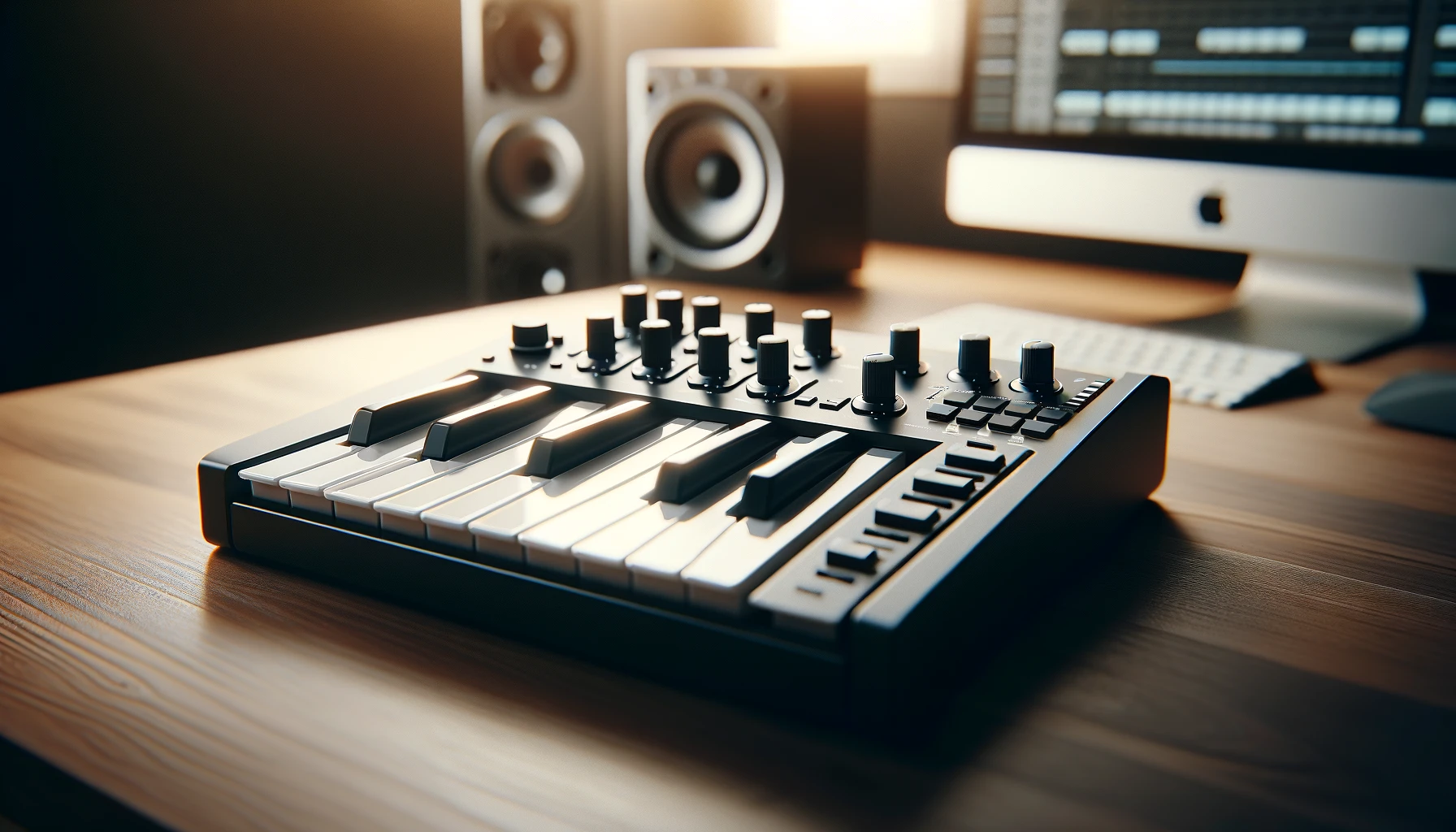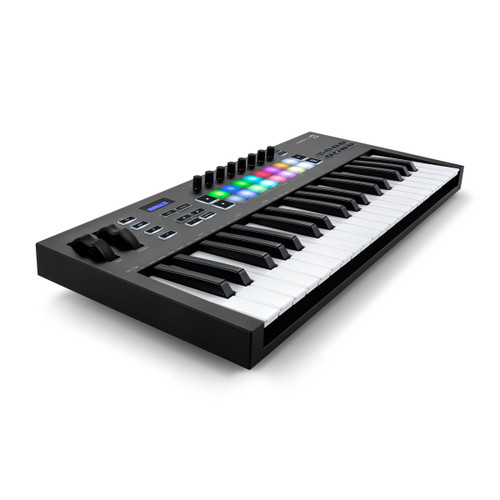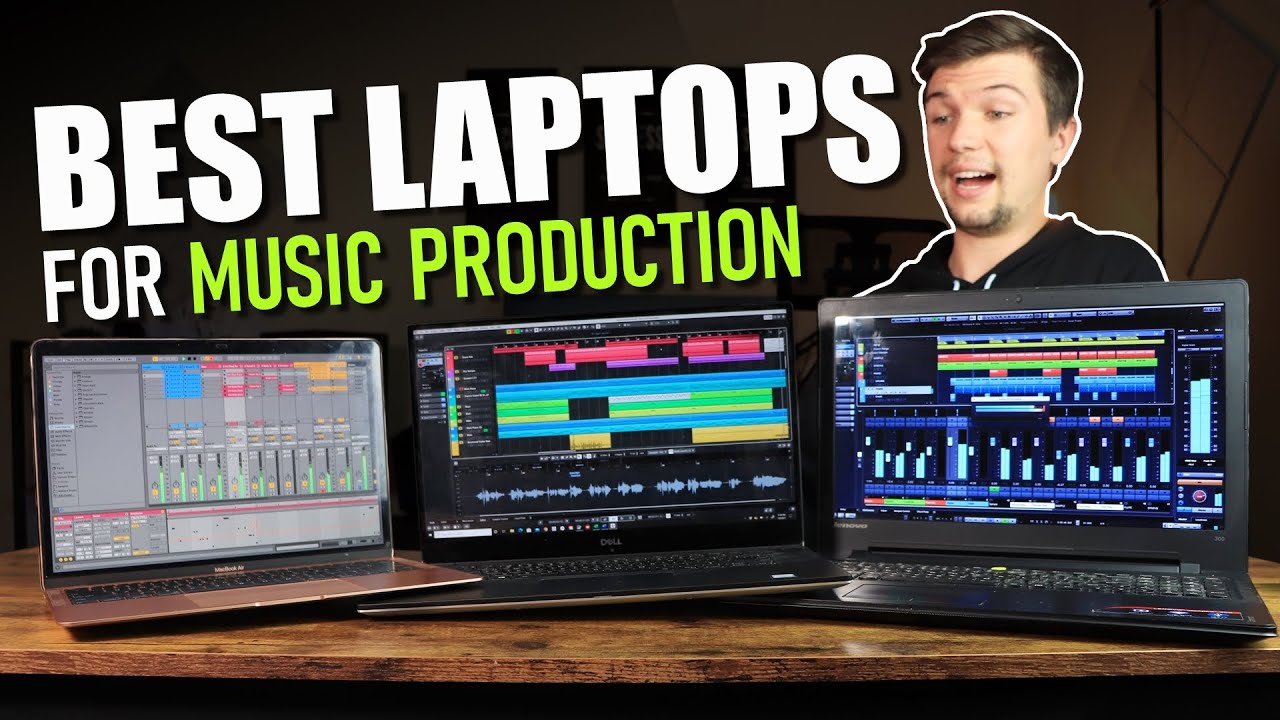Unlock the Music World: Detailed Guide on What is a Midi Controller Keyboard
Introduction
In the music scene, revolution is constant. Modern trends continually integrate technology to enhance the beauty of sound, and one such cutting-edge tool that has significantly transformed music production is the Midi Controller Keyboard. This comprehensive guide will navigate you through its intricacies by defining 'what is a Midi Controller Keyboard?', clarify its importance in the contemporary music scene, explain how it enhances music production and guide you through setting up your first Midi Controller Keyboard.
What exactly is a Midi Controller Keyboard?
The whole essence of a Midi Controller Keyboard lies within its very name – Midi Controller. But what exactly is this? Let's break it down for a clearer understanding:
- 'Midi': Short for Musical Instrument Digital Interface, MIDI is a technical standard encompassing both a protocol, digital interface and connectors that communicate between electronic musical instruments and computers.
- 'Controller': In this context, a controller is a device that controls other devices or software.
- 'Keyboard': It's a board of keys that, in this case, serves to trigger events, affecting the process of music production.
So, a Midi Controller Keyboard can be best defined as a device that doesn't itself produce any sounds, rather, it sends MIDI data onto other musical hardware or software stationed on a computer. Every key, knob or slider present on a Midi Controller Keyboard equates to a distinct MIDI message. This facilitates the user to manipulate the aspects of music notes, their pitch, and even the digital audio effects.

In essence, a Midi Controller Keyboard acts like a bridge, closing the gap between the physical process of playing with the digital realm of music.
Why are Midi Controller Keyboards significant in today's music scene?
Midi Controller Keyboards have morphed into a fundamental requirement in today's music industry thanks to their myriad benefits. With their limitless flexibility and supreme convenience, here's why Midi Controller Keyboards are resonating with both novice musicians and established professionals:
1. Versatility: Midi Controller Keyboards offer a dynamic range of functions enabling musicians to produce diversified music styles with ease. Whether it's composing, recording, or editing, these keyboards cover a broad arena of music production.
2. Control: These keyboards provide an unmatched control over the minutest details of music production. This powerful capability nudges musicians to experiment and innovate with sounds and effects.
3. Integration: Midi Controller keyboards seamlessly integrate with multiple software instruments. They empower musicians, especially during live performances, to switch sounds swiftly, making transitions smooth and effortless.

4. Stance in the Industry: The Midi Controller Keyboard's growing significance draws from its widespread acceptance in multiple music production scenarios. They've become vital for creating film soundtracks to beat-making, confirming their presence at the core of music production today.
5. Progressive Musical Technology: These keyboards embody the future of music technology. By offering a diverse array of possibilities, Midi Controllers have emerged as a catalyst propelling the evolution of music in the digital age.
In essence, Midi Controller Keyboards have revolutionized the way music is produced and performed today. Their impact on the modern music scene is an epiphany of technology's power. From beginners to pros, Midi Controller Keyboards are truly the go-to instrument for an elevated and precise music experience.
How does a Midi Controller Keyboard enhance music production?
A Midi Controller Keyboard drastically uplifts the process of music production, driving it towards precision, flexibility, and simplicity. Its contribution can be broken down into the following elements:
1. Precision: Midi Controller Keyboards precisely map every aspect of music, ranging from notes, pitch, modulation to a variety of digital effects onto keys, dials, or sliders. They allow you to control discrete elements of a composition and manipulate them with pinpoint accuracy.
2. Flexibility: Offering different shapes and sizes, Midi Controller Keyboards adjust to the exact needs and workflows of musicians, whether in a large-scale recording studio or an intimate performance stage. Allowing adaptations to your changing needs and circumstances, they are truly flexible.
3. Simplicity: Perfectly interacting with digital audio workstations (DAWs), Midi Controller Keyboards create a simple, user-friendly physical interface with a digital music platform. This convenience simplifies the creation, arrangement, and experimentation with sounds, aiding the artist's creative process.
4. Novel compositions: With the Midi Controller Keyboard, creating complex music compositions with wider sonic palettes becomes a reality. It accelerates the process of music arrangement and sound editing, contributing to larger depth and breadth in creative expression.
5. Efficiency: By tapping into the potential of Midi Controller Keyboards, music creation becomes quicker, more efficient, and more productive. The keyboards ensure smooth musical transitions, fine-tuning, and simultaneous control of multiple software instruments, thus amplifying output.
6. Expanded Scope: With these keyboards at their disposal, musicians can expand their range of work, from creating compelling soundtracks for movies to beat-making for various genres of music.
In essence, Midi Controller Keyboards are revolutionizing music production by providing an integrated, versatile, and efficient interface for producing music. By unleashing a higher level of precision, flexibility, and simplicity, they offer an extraordinary level of control and efficiency, inviting complex compositions. Whether you're a beginner or a professional, understanding and using a Midi Controller Keyboard can significantly enhance your musical creations.
What do you need to know for setting up your first Midi Controller Keyboard?
Setting up your first Midi Controller Keyboard is relatively simple and begins with gathering the right equipment and understanding the basic connections. Here's a step-by-step guide to ease the process:
1. Gather the Essentials: It starts with acquiring the necessary gear. This includes:
- Midi Controller Keyboard
- Computer, as your device
- Connection Cable
2. Understand the Connections: Based on your Midi Controller Keyboard model, the connection types may vary. Newer models mostly use USB connections while older versions might need a MIDI to USB converter.
3. Install Digital Audio Workstation (DAW) Software: The DAW is the heart of your digital music production. To maximize the potential of your Midi Controller Keyboard, ensure the correct installation of your preferred DAW software on your computer.
4. Configure the Midi Input: Here's the part where your keyboard gets linked with the software. In your DAW settings, configure the MIDI input to correspond with your keyboard. This step may require navigating through different settings depending on the software.
5. Test the Setup: Once configured, ensure everything is in order by playing a few notes on your Midi Controller Keyboard. Watch for the appropriately corresponding sound in your DAW.
The journey to understanding and setting up your first Midi Controller Keyboard can seem daunting initially. But with careful progression through the steps mentioned above, you can quickly grasp the process and dive into the exciting world of music production.
Which features matter the most on a Midi Controller Keyboard?
Whether you're a beginner entering the world of music production or a professional looking to expand your tools, choosing a Midi Controller Keyboard that suits your needs and workflow is crucial. Here are the essential features you should consider:
- Key Count: Controllers range from 25 to 88 keys. More keys allow for complex musical expression but may compromise portability. Hence, identify your requirements and choose wisely.
- Weighted Keys: These are intended to mimic the feel of an acoustic piano, providing a truly authentic playing experience. This feature is particularly valuable for traditional pianists transitioning to digital music.
- Control Buttons, Pads, and Faders: These additional controls can significantly enhance your music-making process, providing nuanced control over various software parameters.
- Software Integration: Ensure the Midi Controller Keyboard you choose integrates seamlessly with your music software. This is essential for a smooth, hassle-free music production experience.
- Portability: If you're frequently on the move, go for smaller, lightweight models. Mobile musicians often prefer compact keyboards for easy transportation.
- Extra Features: Consider additional features like aftertouch, pitch wheel, and mod wheel, which can further amplify your musical possibilities.
These considerations will help you find a Midi Controller Keyboard that resonates with your unique music-making process.
Conclusion
Understanding what a Midi Controller Keyboard is and how it functions is the first step towards amplifying your music production. It's a bridge that connects your creative sparks to the digital music world, providing a vast playground to explore and experiment with sounds and effects.
Related FAQs about what is a midi controller keyboard
What are the different types of Midi Controller Keyboards?
Midi Controller Keyboards come in different types based on their size and number of keys, for instance, mini, portable controllers with 25 keys or full-size, studio controllers with 49, 61, or even 88 keys. Additionally, they also vary based on features like pads, knobs, touchstrips, and sliders.
How to choose the right Midi Controller Keyboard for your needs?
Choosing the right Midi Controller Keyboard depends upon your specific needs and style of music production. Consider factors such as key count, weighted keys, control buttons, software integration, portability, and additional features like aftertouch, pitch wheel, and mod wheel when making your choice.
Can beginners easily use Midi Controller Keyboards?
Yes, beginners can use Midi Controller Keyboards. Though it may seem complex initially, when broken down to basics, it's relatively straightforward. With practice and familiarity, users can create a wide range of music, making it an excellent tool for beginners.


